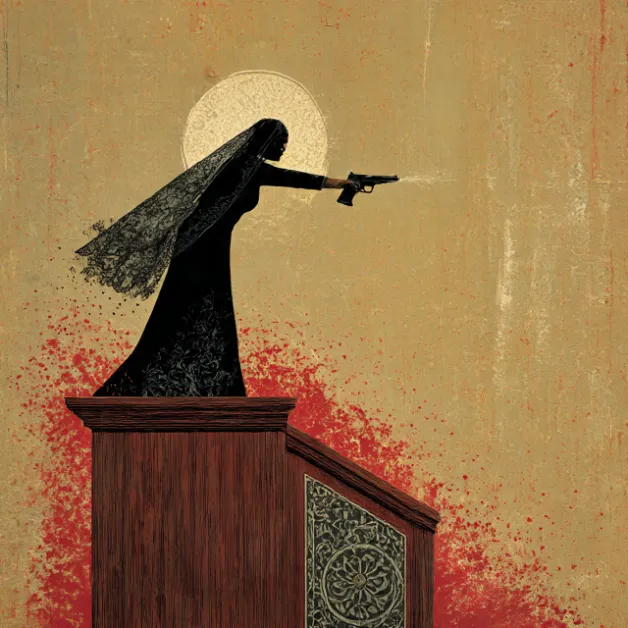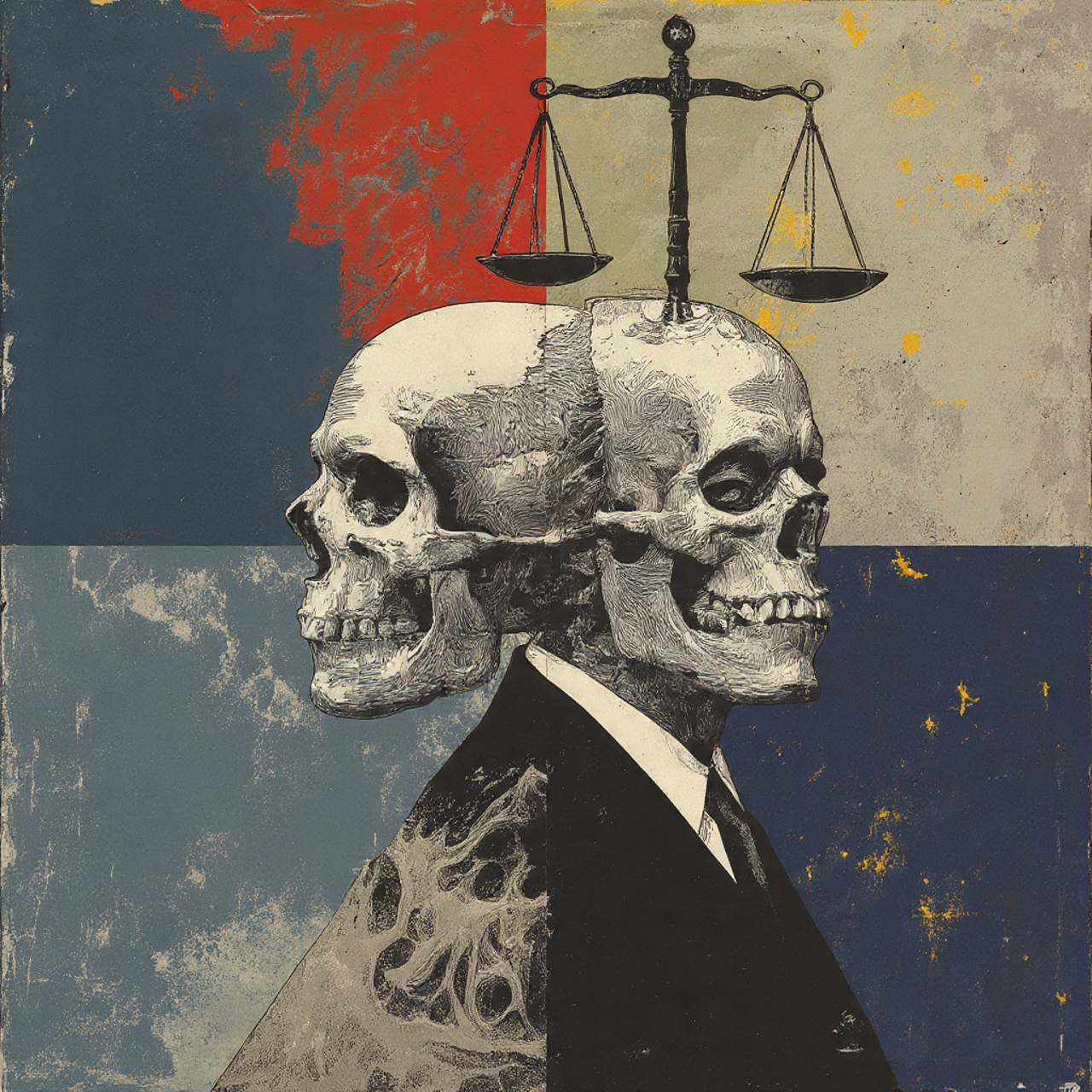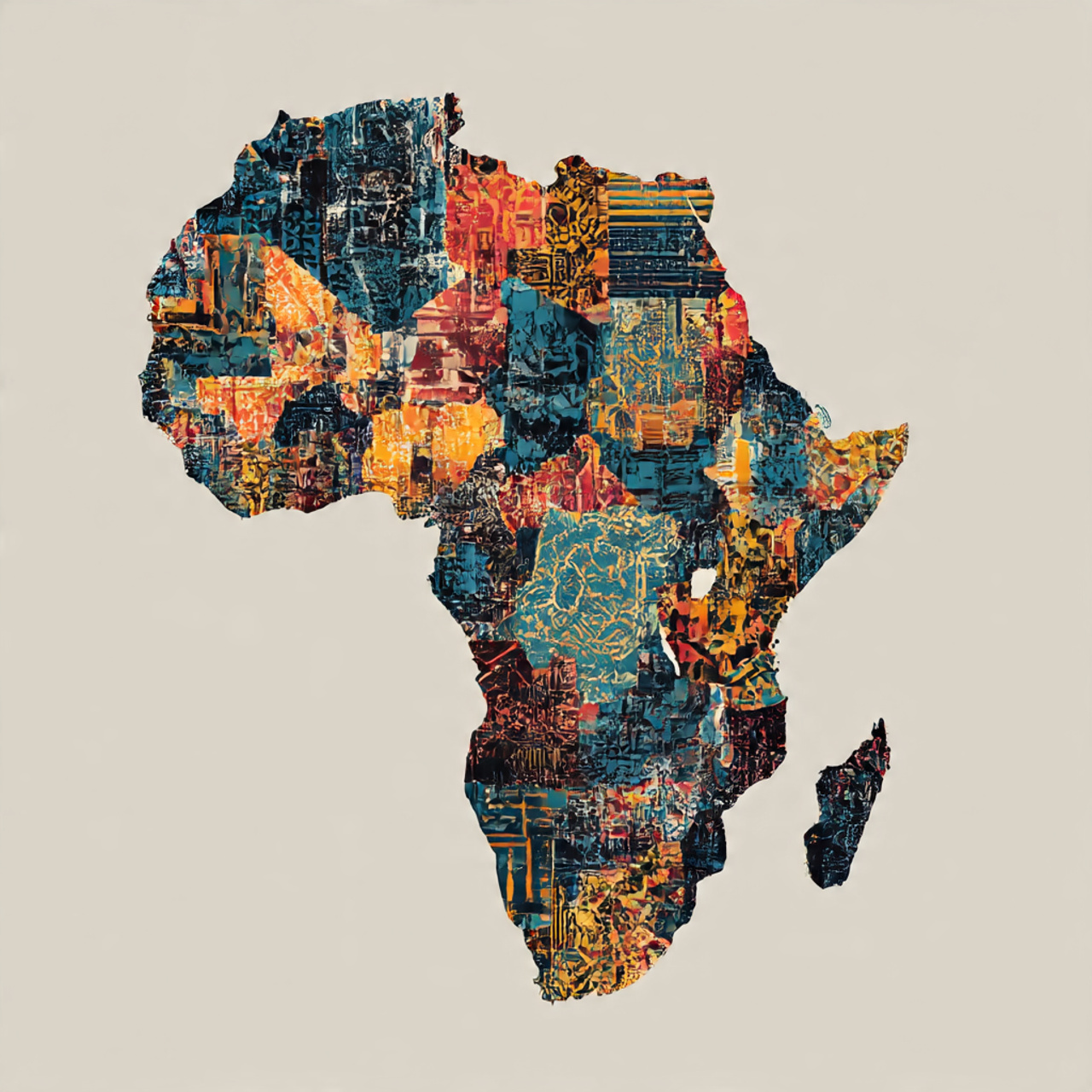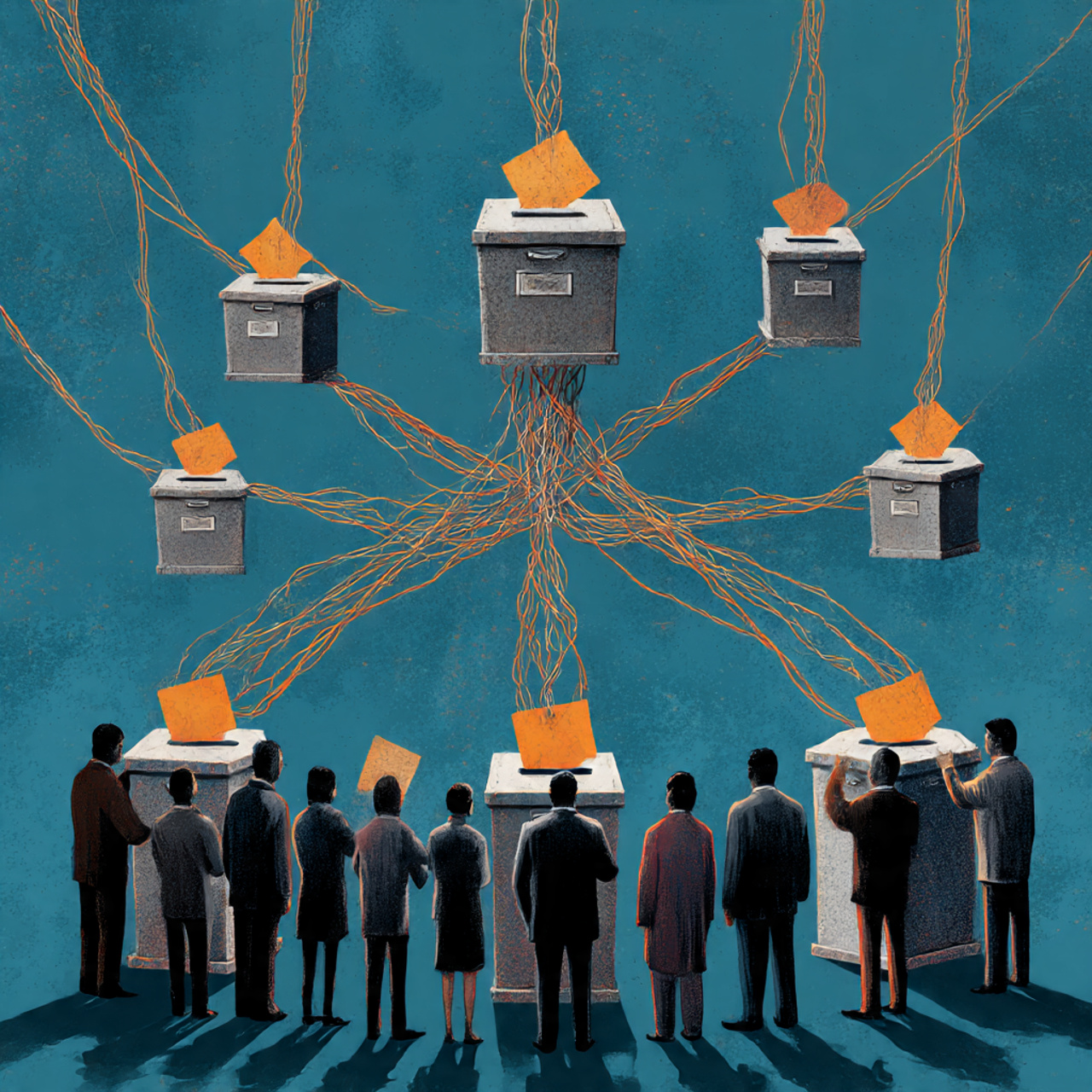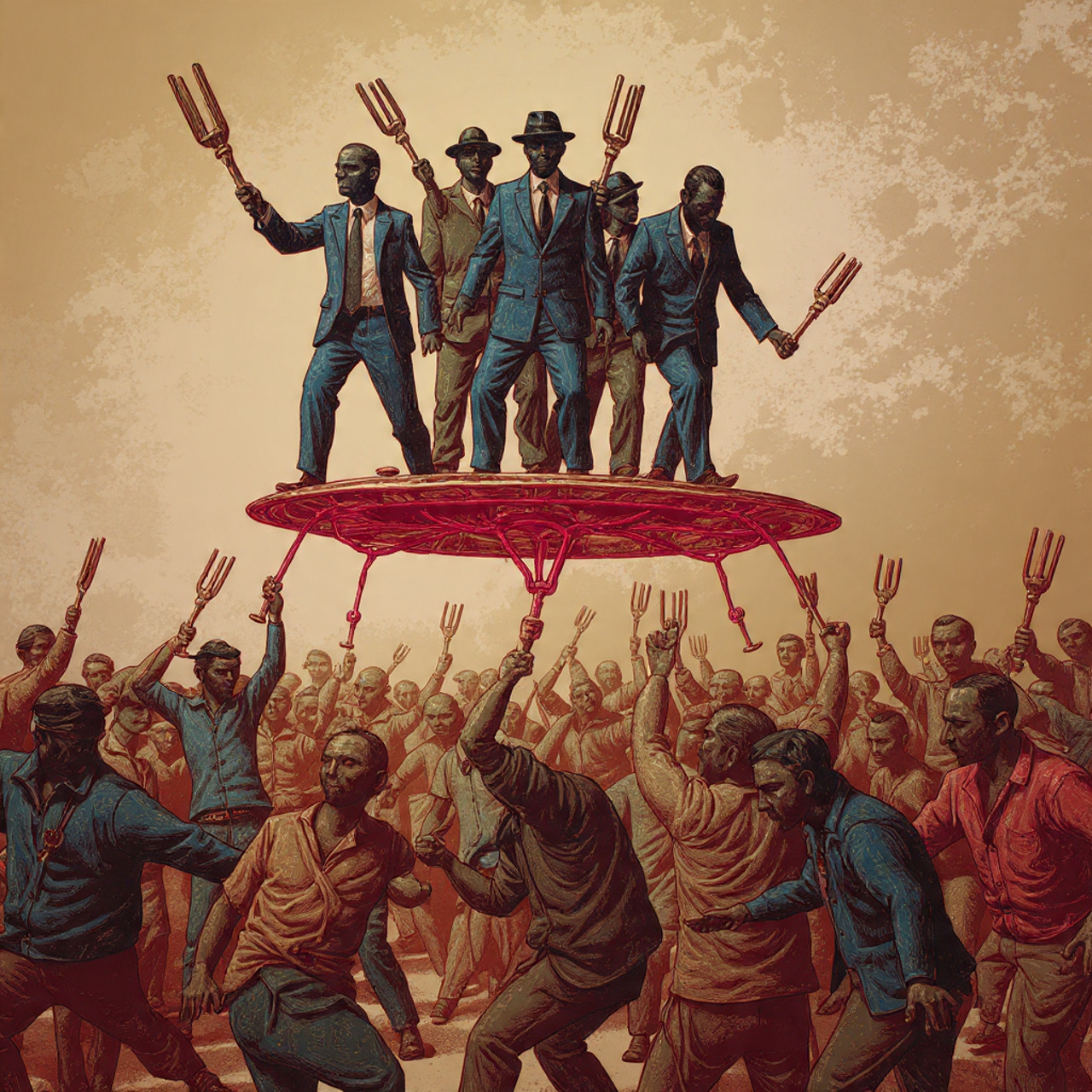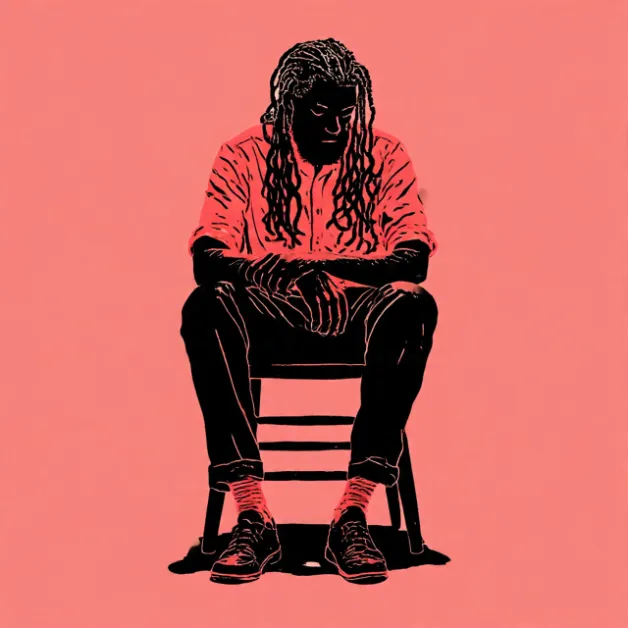
Why Museveni Has Already Won: A Demystification of Uganda’s Electoral Destiny
Museveni’s victories are not won on polling day; they are won in the alignment of institutions long before the ballot box opens.
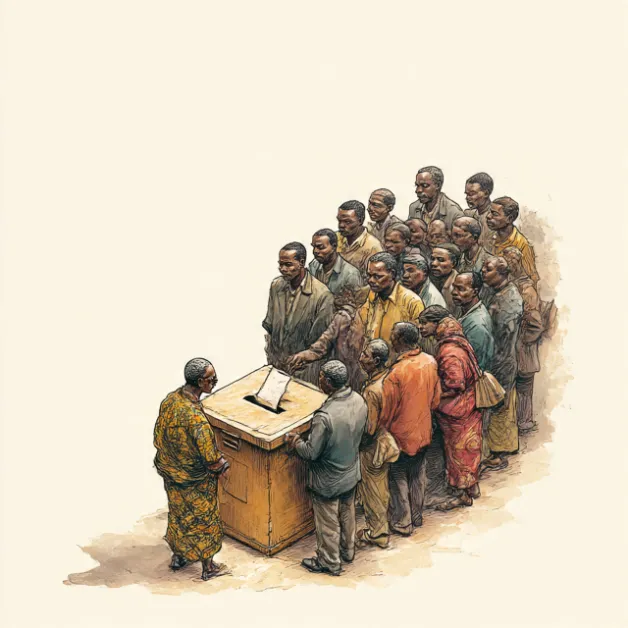
14 Nov, 2025
Share
Save
To call this an ‘election’ is to misname it. It is a ritual of survival—a system reproducing itself. Museveni does not merely win; the system ensures his victory.
Uganda’s elections have never been mere contests of ballots; they are contests of structures, psychology, and power. The logic of victory is not hidden in manifestos or campaign rallies but in the architecture of institutions that bend toward continuity. To understand why Museveni will win, one must demystify not only the numbers but also the philosophy of power that sustains incumbency.
As Machiavelli once observed in The Prince, “It is better to be feared than loved, if you cannot be both.” Fear and continuity, more than love and enthusiasm, have defined Uganda’s political destiny for nearly four decades.
The 30/30 Grassroots Logic
At the village level, power is not abstract. It is embodied in the LCI executive—30 members, all NRM. Multiply that by tens of thousands of villages, and you have a living machine. This is not volunteerism; it is institutionalised loyalty. Every LC is a polling agent, a mobiliser, and a campaigner. The opposition arrives only as a guest; the NRM is the landlord.
Money as the Artery of Politics
Politics in Uganda runs on cash. NRM pays its cadres, oils its structures, and facilitates its meetings. The opposition relies on enthusiasm—a fragile resource under economic hardship. Where poverty reigns, facilitation is not bribery; it is oxygen. Museveni understands this law of necessity, and necessity is always stronger than ideology.
The Referee Who Plays
The Electoral Commission is appointed by the President. The referee wears the jersey of the player. Opposition lawyers will complain, and civil society will petition, but the game is already coded. Courts will nod at irregularities yet affirm the outcome. Thus, legality becomes the cushion of incumbency.
This has been the pattern since 2001, when the Supreme Court first acknowledged “widespread irregularities” yet insisted they were not sufficient to overturn the result. The same judicial refrain echoed in 2006, 2016, and 2021: “Flaws exist, but not enough to disturb the victory.”
Security as the Shadow Vote
Uganda’s elections are guarded not only by ballots but also by boots and guns. Opposition rallies are dispersed, their leaders preemptively arrested, and their supporters intimidated. Fear is not a side effect—it is a vote-shaping instrument. In rural Uganda, the memory of war makes peace a ballot paper.
Nietzsche’s reminder in Thus Spoke Zarathustra rings true: “Whoever fights monsters should see to it that in the process he does not become a monster.” But in Uganda, the monster of fear has been institutionalised as a political guardian.
Development Programmes as Political Patronage
Parish Development Model, Emyooga, OWC—these are not neutral policies. They are branded as the benevolence of Mzee. Beneficiaries perceive them not as state entitlements but as partisan gifts. To reject NRM feels like rejecting the hand that feeds you. Gratitude becomes loyalty, and loyalty becomes a vote.
The Rural–Urban Paradox
The opposition’s fire burns in Kampala and a few towns, but this is less than 20% of the electorate. The rural 70–80% are tied to patronage, tradition, and the memory of peace after war. Uganda’s democracy is weighted toward the village, and the village is NRM’s fortress.
Fragmentation of Opposition
FDC splits, NUP fractures, DP nostalgia, UPC irrelevance—the opposition is a chorus without harmony. They compete not against NRM but against one another for small slices. Museveni does not need to defeat them individually; he lets mathematics and division do the work.
The Psychology of Continuity
For nearly 40 years, Museveni has defined the state. To many, NRM is not a party but the government itself. Removing him feels like dismantling Uganda. Fear of the unknown becomes a campaign message more powerful than promises of change.
As Chinua Achebe once said, “The trouble with Nigeria is simply and squarely a failure of leadership.” In Uganda, the paradox is inverted: the trouble is not lack of leadership, but leadership so entrenched that it is indistinguishable from the state itself.
The Judicial Firewall
Whenever results are contested, the judiciary performs its ritual: acknowledge irregularities, condemn malpractice, and then declare the outcome untouched. This paradox of judicial conscience and judicial submission protects the regime while legitimising the narrative of continuity.
Final Revelation: Elections as Ritual, Not Contest
Museveni’s victories are not won on polling day; they are won in the alignment of institutions long before the ballot box opens. The LC structure, financial facilitation, security control, state programmes, judicial cover, and opposition disunity form a web of inevitability.
To call this an “election” is to misname it. It is a ritual of survival—a system reproducing itself. Museveni does not merely win; the system ensures his victory.
And so, the paradox stands: ballots are cast, observers monitor, and petitions are filed—yet destiny does not change. In Africa, as an old proverb reminds us, “The drumbeat of power is heard before the dance begins.”
Museveni’s victory, therefore, is less a political event than a ritual reaffirmation of continuity—a prophecy fulfilled not at the polling station, but in the very structure of the state itself.

